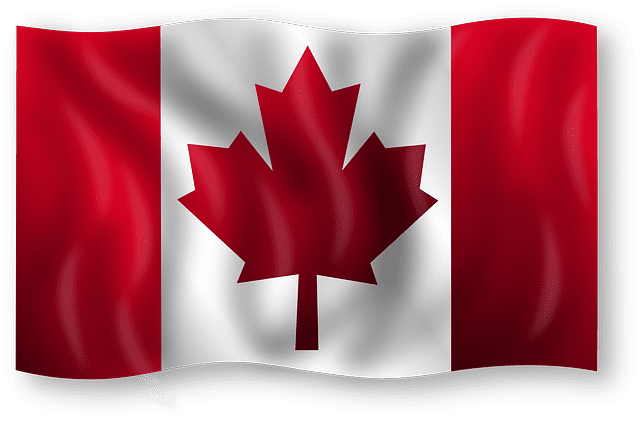Politics in Canada. Hum.
There’s usually not a whole lot to report on this front. Canadians are a very easy-going bunch. We don’t make too much noise and generally don’t get together as a group on many issues beyond sports like hockey and the Blue Jays (yes, baseball in Canada can be summed up as a single team).
In any event, Canada hosted a federal election on Monday evening which gave rise to a Liberal Majority Government which supplanted the Conservatives who had been ruling the roost since 2006. Unlike in the U.S., Prime Ministers in Canada can run for more than two terms if the people will have them.
While the Liberals were tipped slightly to take control of a Minority position as leaders, this blowout came as a surprise to most, yours truly included. People were ready for a change after a decade or so, it seems.
Leading up to the election and particularly since, I’ve been pondering what this turn of events might mean for the collective pocket books of Canadians. I’ll highlight in this article a few factors people need to now consider.
Table of Contents
Infrastructure and the Economy
Trudeau says he will run three deficits until 2019 to get the wheels turning on infrastructure improvements.
I believe it is important to maintain roads and keep infrastructure current and relevant. Developed economies are able to thrive when the system is in place to allow the citizens to conduct business efficiently.
I will be interested to learn the details of this infrastructure plan. Which areas will see the most improvement? What sorts of infrastructure are going to be targeted? Significantly, who will be receiving the contracts to get this business done? This issue will be worth paying attention to as SNC-Lavalin Group Inc (SNC), for instance, came under fire earlier this year for corruption and fraud charges.
Ultimately, I always listen with skeptical ears when a government predicts several years of deficits before a promise to return to a balanced budget. As the multi-year forecast extends, it is far easier to be wrong than to get things just right.
Tax-Free Savings Account
One of the Liberal campaign pledges was to decrease the Tax-Free Savings Account (TFSA) limit back down to $5,500 annually. The Conservatives had increased to $10,000 earlier this year.
For those who don’t know, TFSAs are investment accounts which allow investors to earn tax-free gains on investments and savings. There is no tax-break for putting money into a TFSA, but all returns are the investor’s to keep. Decreasing the limit by $4,500 means I will be able to put far less away in my favourite type of investing account.
While this doesn’t seem like much now, consider the fact that over two decades, that is a full $90,000 less invested capital earning tax-free returns, notwithstanding potential future increases as the account is intended to be indexed to inflation.
Since the Liberal campaign was largely based on helping out the middle class, I believe this is a real step backward. If there is one way to really give low/middle income earners a boost, it is to allow them to sock money into a TFSA and let their returns compound unhindered by government hands.
If citizens are able to build their own portfolio of investments in vehicles such as the TFSA, it takes the burden off of governments to support them. With this said, many often refrain that they cannot afford to finance TFSA contributions, particularly since there is no tax-incentive on the spot. I would simply remark that the vast majority who feel this way probably also have a Netflix (NFLX) subscription, a smartphone, and have vacationed within the last twelve months; it comes down to a series of decisions rather than a matter of not having enough.
Middle Class Tax Breaks
Trudeau has promised to decrease the federal income tax rate on middle income earners and pay for this by raising taxes on the wealthiest one percent of the populace. While I do believe lower taxation spurs economic growth as it puts money back into the pockets of consumers to spend and save, I am not a fan of alienating the wealthy.
Why should someone be penalized for working hard, taking risks, and reaping higher incomes? Wealth building should be celebrated; it rewards those who achieve it and it gives those without it something to aspire to. If you want people to rise from low and middle income levels, provide incentives for starting businesses, leave TFSA limits as they are, and educate the masses about the taxation benefits of investment income (such as dividends) compared to earned income.
I don’t believe punishing the rich is an effective way to support the middle class.
Conclusion
There are ups and downs to any election. No matter who wins, we are all likely to find ourselves on the right sides in some ways and being not so fortunate in others.
I will be disappointed if the Liberals follow through on reductions to the TFSA limit.
Beyond that, let’s see what a fresh government can do for Canadians.
– Ryan
What are your thoughts on the recent election results?
Pictures courtesy of pixabay.com


